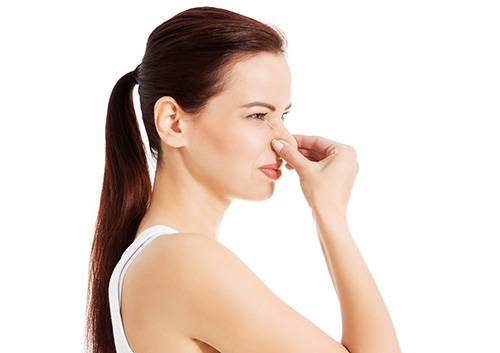Is there a connection between oral health and school performance?
December 18th, 2015

As a parent, you want the best for your children, and that includes doing their best in school. You can support them by taking an interest in their activities, being enthusiastic about attendance, and helping them with homework. There may also be one more way you can help your children succeed at school. Surprisingly, research suggests that children with better oral health are likely to do better in school.
What the Research Says
One study in North Carolina looked at risk factors for poor school performance among school-aged children. As expected, the study found poor school performance linked to low socioeconomic status, low levels of parental education, and poor overall health. However, it also found a strong link between poor oral health and poor school performance, with children classified as having poor oral health 40 percent more likely struggle in school.
These findings are generalizable to the rest of the country. For example, attendance is an important factor in academic achievement, but dental conditions are responsible for a loss 51 million school hours among schoolchildren each year. Dental pain and infection are linked to poorer performance.
School-Based Programs to Promote Oral Health
In light of the apparent benefits of good oral health for school performance, some schools are taking steps to promote better oral care and health. In Maine, for instance, schools in need can apply for grants through School Oral Health Program (SOHP). The SOHP consists of four components:
- Oral health education for all children to support healthy behaviors
- A weekly fluoride mouth rinse to strengthen teeth
- Dental screenings to identify children who may need dental care
- Dental sealants, or plastic coatings, on back teeth to guard against decay
The State of Maine also supports an “Annual Sugar Out Day” to raise awareness of the effects of sugar on dental health and to help students choose low-sugar alternatives.
Oral Health Habits to Adopt
You can help your child improve oral health and do better in school by encouraging good oral hygiene. This includes brushing at least twice a day with a fluoride-containing toothpaste, and reminding your child to drink water after eating. Also, regular trips to our San Marcos, CA office can help prevent serious tooth problems.






 Website Powered by Sesame 24-7™
Website Powered by Sesame 24-7™